vaccination
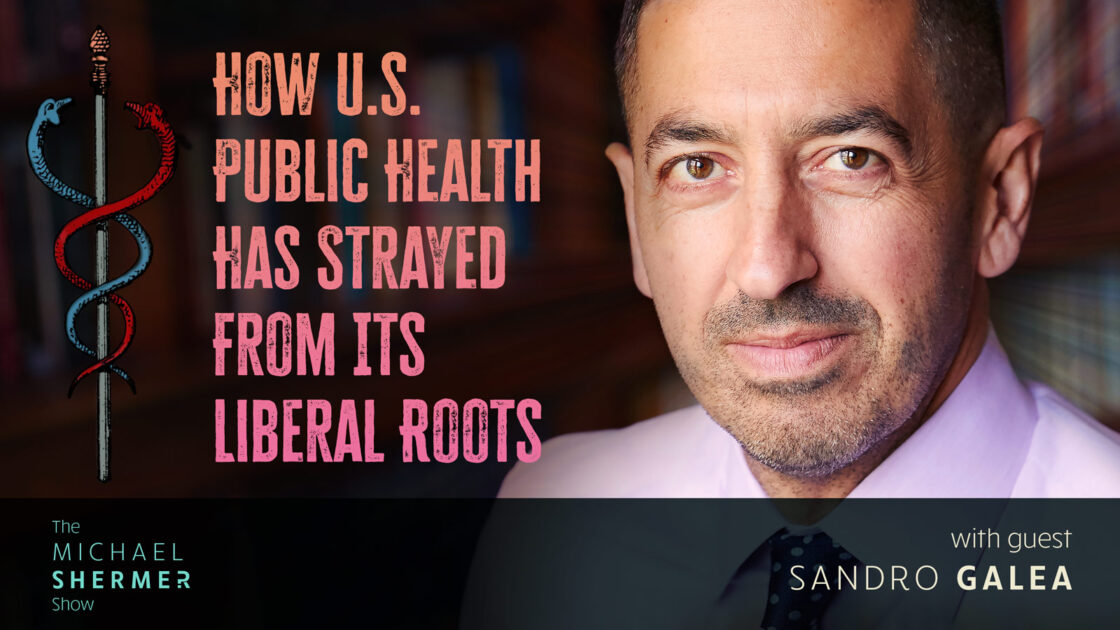
The Covid-19 response was a crucible of politics and public health—a volatile combination that produced predictably bad results. As scientific expertise became entangled with political motivations, the public-health establishment found itself mired in political encampment. It was, as Sandro Galea argues, a crisis of liberalism: a retreat from the principles of free speech, open debate, and the pursuit of knowledge through reasoned inquiry that should inform the work of public health.
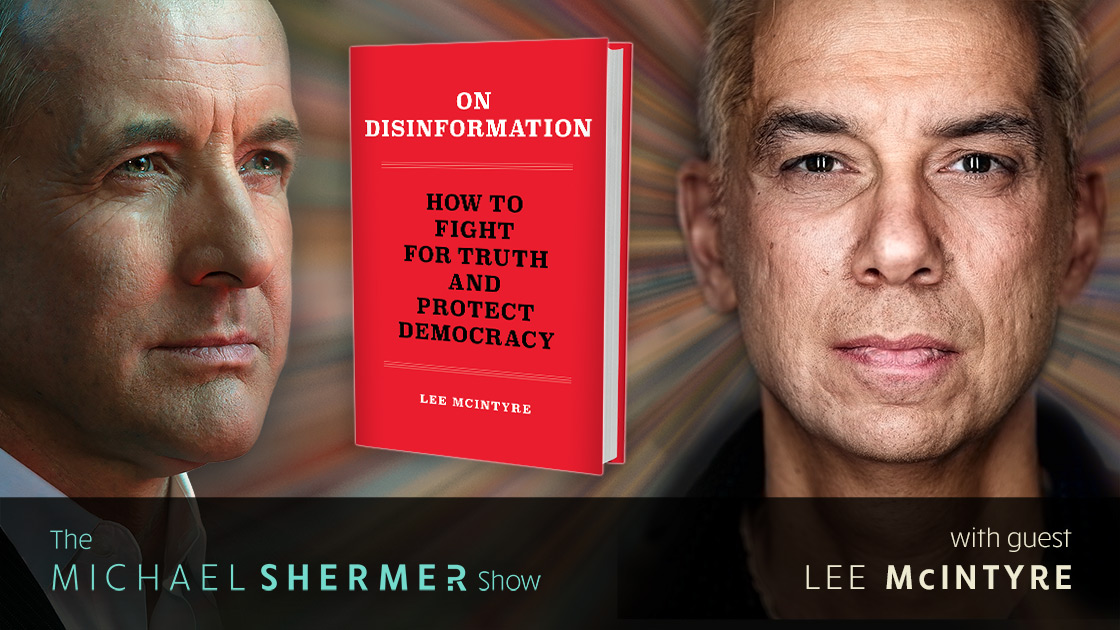
Shermer and McIntyre discuss: default to truth theory • RFK Jr. • whether reason evolved for veridical perception or group identity? • How do we know what is true and what to believe? • worst case scenarios if Donald Trump wins in 2024 • trans issues, race issues, GMOs, nuclear power, climate doomsdayism • What went wrong during the COVID-19 pandemic? • disinformation about masks, vaccines • social media and disinformation.
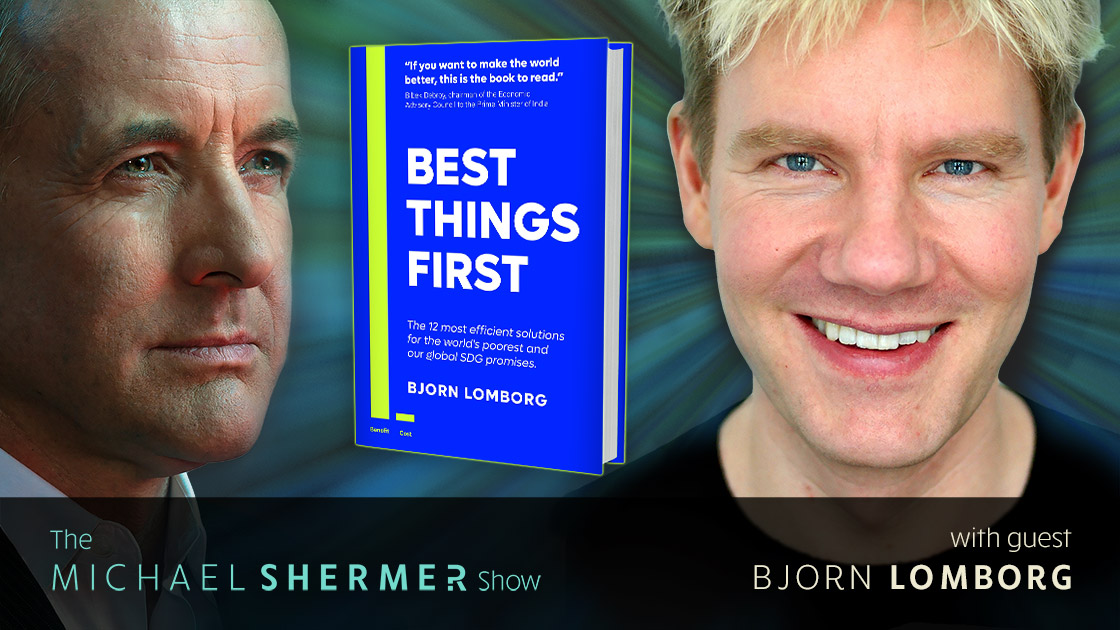
Shermer and Lomborg discuss: perfect solutions vs. practical trade-offs • benefit-cost analysis • time horizons and discounting the future • the value of a statistical life • saving the environment, the poor, the diseased • the millennium development goals • the sustainable development goals • tuberculosis • education • maternal and newborn health • agricultural R&D (more and cheaper food) • malaria • land tenure security • nutrition • chronic diseases • childhood immunization • corruption • highly skilled migration.
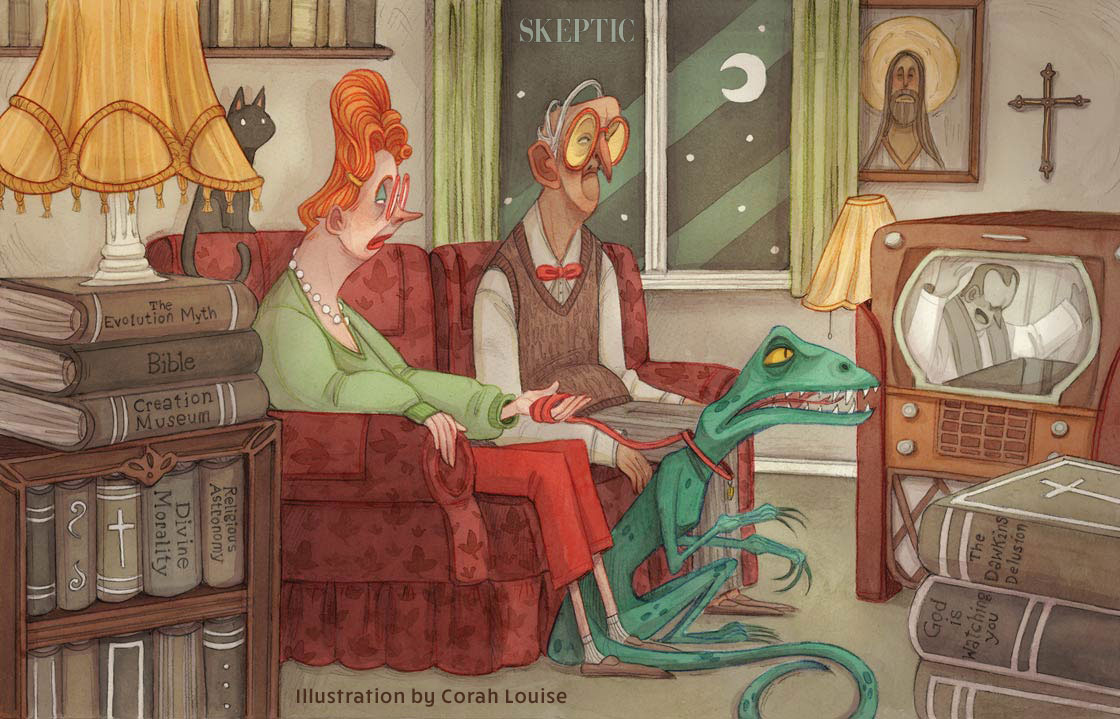
Science and religion present two paradoxes in the United States. On the one hand, the U.S. is the undisputed world leader in science. Yet, the U.S. is also the wealthy industrialized country with the most widespread skepticism about science, most notably regarding climate change, vaccines, and evolution. How can those two seemingly incompatible facts be reconciled? This article solves this paradox.
Skeptic 26.4 is here: Havana Syndrome Hysteria. Instantly download the digital edition or pre-order the print edition today. Plus, Michael Shermer speaks with Matt Ridley about his research investigating the origin of COVID-19.

In episode 212, Michael Shermer speaks with Gale Sinatra and Barbara Hofer about the key psychological explanations for science denial and doubt that can help provide a means for improving scientific literacy and understanding — critically important at a time when denial has become deadly.
In episode 212, Michael Shermer speaks with Gale Sinatra and Barbara Hofer about the key psychological explanations for science denial and doubt that can help provide a means for improving scientific literacy and understanding — critically important at a time when denial has become deadly.

Raymond Barglow and Margret Schaefer discuss the anti-vaccination movement in the age of COVID-19.
Robert E. Bartholomew & Kate MacKrill remind us that, if history is a guide — and given the large number of people to be vaccinated — a mass anxiety event is not improbable. PLUS: In Science Salon # 148, Michael Shermer reflects on the recent resurrection of Jordan Peterson, the resurgent criticism of him and why so many people attack him, why similar such unwarranted attacks have been made against other public intellectuals.
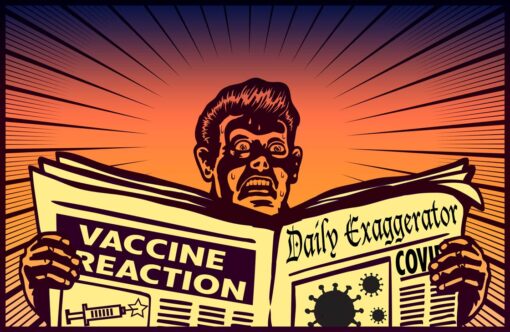
Reports about allergic reactions to COVID-19 vaccines will undoubtedly cause anxiety in people. Robert E. Bartholomew & Kate MacKrill remind us that, if history is a guide — and given the large number of people to be vaccinated — a mass anxiety event is not improbable.
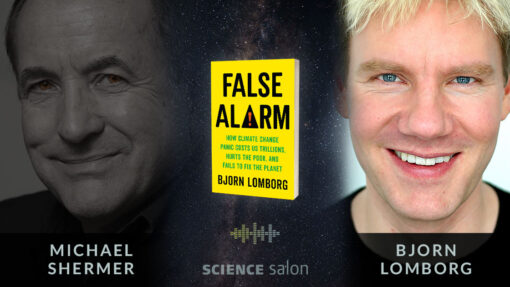
Bjorn Lomborg argues that climate change is real, but it’s not the apocalyptic threat that we’ve been told it is. Projections of Earth’s imminent demise are based on bad science and even worse economics, he claims. Lomborg attempts to convince us that everything we think about climate change is wrong — and points the way toward making the world a vastly better, if slightly warmer, place for us all.
In Science Salon # 125 Michael Shermer speaks Bjorn Lomborg about his new book False Alarm: How Climate Change Panic Costs Us Trillions, Hurts the Poor, and Fails to Fix the Planet.
It’s flu shot season again! Of all vaccines, flu shots garner the most criticism. In this week’s eSkeptic, Harriet Hall, M.D. examines flu shot facts and fallacies, reminding us that the flu vaccine is of benefit, and the more people who get the vaccine, the greater the benefit for everyone.

It’s flu shot season again! Of all vaccines, flu shots garner the most criticism. Harriet Hall, M.D. examines flu shot facts and fallacies, reminding us that the flu vaccine is of benefit, and the more people who get the vaccine, the greater the benefit for everyone.
In this week’s eSkeptic, Raymond Barglow & Margret Schaefer discuss the issue of vaccination of school children, the subject in California of a prolonged and bitter debate which led to California Senate Bill 277 which eliminated the personal belief exemption that allowed unvaccinated children to attend school. The bill became law in California on the last day of June 2015.

Raymond Barglow & Margret Schaefer discuss the issue of vaccination of school children, the subject in California of a prolonged and bitter debate which led to California Senate Bill 277 which eliminated the personal belief exemption that allowed unvaccinated children to attend school. The bill became law in California on the last day of June 2015.
The latest issue of Skeptic magazine (21.1), CONFIDENCE SCAMS, features an excerpt from Maria Konnikova’s The Confidence Game: Why We Fall for It … Every Time, “A gripping examination of exactly why so many of us are such suckers for schemes that shut down our saner instincts.” (Vice). PLUS: Did Highly Developed Europeans Build a Sophisticated Astronomical and Religious Monument on the American East Coast More than 3000 Years Ago?; Is Star KIC 8462852 a Sign of an Extraterrestrial Civilization?;…
In this week’s eSkeptic, Harriet Hall examines the statements about vaccines made by four candidates in the recent GOP debate. They all demonstrated a poor grasp of vaccine science, and advocated delays in the vaccine schedule that would represent a danger to the young, the immunocompromised, and to the herd immunity that is a mainstay of our public health.

Barbara Drescher discusses how to think about research findings that disagree.
Pandemic Pandering: A Special Report on Special Pleading, a Carbon Comic by Kyle Sanders, appeared in Skeptic magazine 20.1 (2015).
NEXT →



















